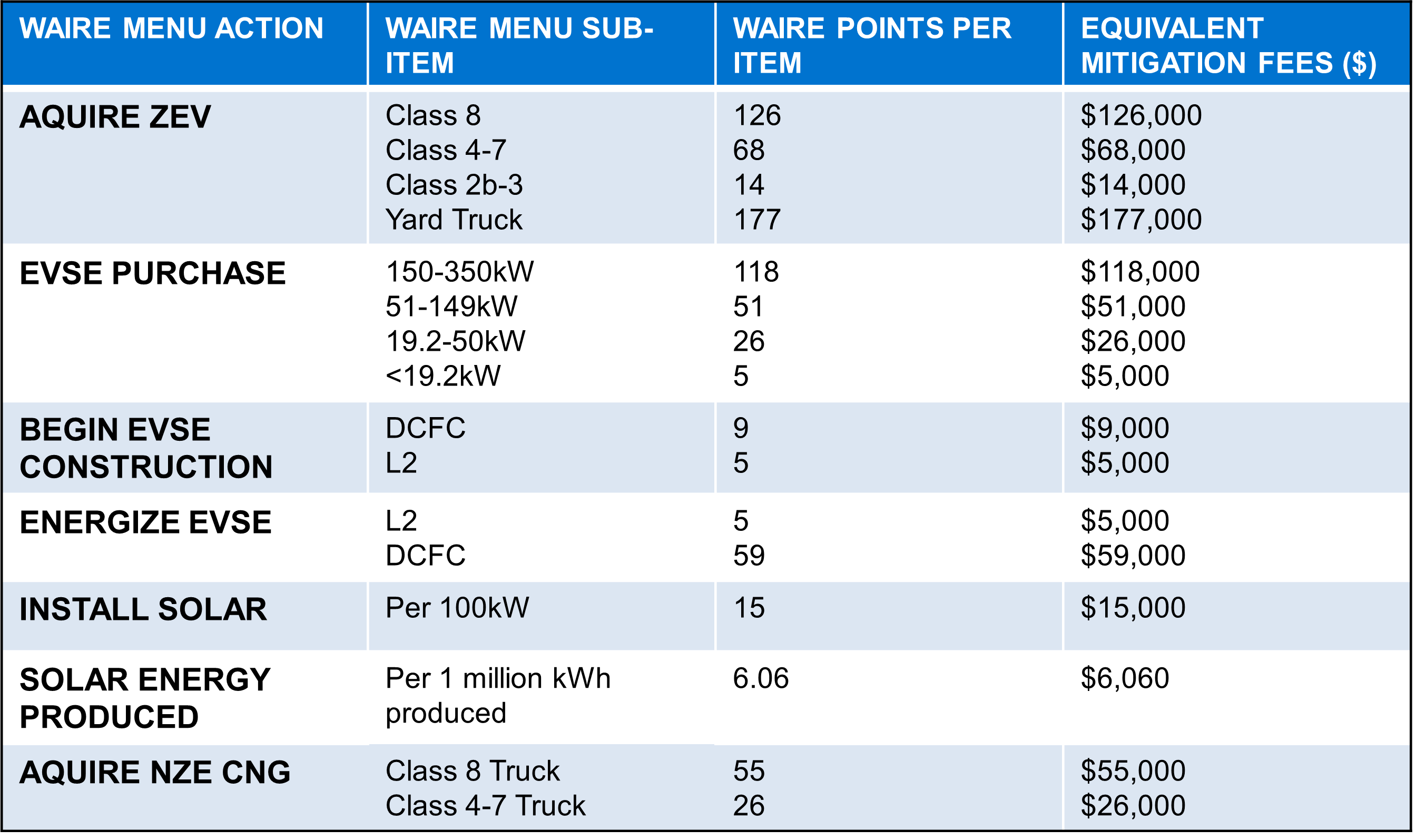Use Strategic Truck Leasing To Build Flexibility
As freight markets fluctuate, technology advances and economic pressure increases, fleets need solutions that allow them to remain flexible without compromising service levels, safety or their financial health. Flexibility is especially important in the current operating environment, where more and more fleets are delaying capital-intensive investments amid uncertainty, unpredictable demand and regulatory requirements.
Higher prices are also increasing the need for flexibility. According to the 2025 State of Logistics Report®, “Higher equipment costs could force carriers to either extend the life of aging fleets — leading to increased maintenance expenses — or absorb significant capital expenditures to replace vehicles.”
Leasing helps fleets bridge this gap by allowing them to modernize assets, establish fixed costs and adjust capacity to match market fluctuations.
Market Forces Are Elevating the Importance of Leasing
As the pressures fleets are facing intensify, leasing can be a strategic tool for fleet optimization. Several factors make leasing attractive:
Technology cycles are getting shorter: Diesel engines, safety systems, telematics and alternative-fuel technologies are evolving rapidly. As the pace of change increases, equipment can become obsolete more quickly than it has in the past, especially as state and federal agencies adjust zero-emission timelines.
The need for financial flexibility: Both for-hire and private fleets can be reluctant to tie up capital in new equipment during periods of tightening credit and unpredictable freight demand. Leasing converts what would be a large upfront capital purchase into manageable, predictable expenses, making it easier to budget and plan.
Maintenance complexity is increasing: Trucks are becoming more complex and require advanced diagnostic tools and highly skilled technicians for preventive maintenance and repairs. Leasing arrangements that include full-service maintenance ensure equipment gets the service it needs, helping to reduce downtime and remove the maintenance burden from fleets.
Emissions requirements are increasing: With emissions regulations tightening across multiple states, fleets face mounting pressure to transition to lower- or zero-emission technologies. Leasing enables operators to test emerging technologies, phase in cleaner equipment and adapt to future regulatory shifts without locking themselves into long-term ownership risk.
Access to late-model equipment: OEMs continue to introduce trucks with improved safety features, fuel efficiency and on-board technology that can improve the driving experience. Leasing ensures access to late-model equipment, which can also help with driver recruitment and retention.
Lifecycle management: Aging fleets experience more breakdowns, lower fuel efficiency and higher compliance risks. Leasing can help fleets establish trade cycles that support late-model, reliable equipment and the benefits that come with it, such as improved fuel economy. According to the National Private Truck Council’s 2025 Benchmarking Survey, leased fleets achieve 7.24 mpg on average, compared with 6.84 mpg among fleets that primarily own their assets.
How Penske Helps Fleets Embed Flexibility
Penske offers light-, medium- and heavy-duty truck and trailer leases designed to help fleets operate more efficiently, competitively and sustainably. Full-service leases include maintenance, 24/7 roadside support and access to rental vehicles when needed.
Penske works closely with fleets to engineer the ideal vehicle specifications for their operations. Using route data, payload requirements, duty cycles and regulatory considerations, Penske experts help fleets select the optimal powertrain, component configurations, safety technologies and onboard systems. This ensures that every vehicle is tailored to maximize performance, fuel economy, driver comfort and ROI.
Penske customers also gain access to Catalyst AI™, an AI-driven tool that enables fleets to benchmark real-world performance against similar fleet profiles and identify inefficiencies in utilization, fuel economy, maintenance patterns and routing. More importantly, Catalyst AI provides actionable recommendations to improve performance, optimize asset utilization and reduce costs.
AI is becoming a vital tool for the industry. “Companies are increasingly leveraging AI to maximize truck efficiency, optimize load planning and drive smarter operations even amid unpredictable market conditions,” according to The State of Logistics Report.
Catalyst AI brings AI-driven insights directly to Penske customers, empowering them to build more resilient, efficient and intelligent fleets.
Leasing is one piece of a flexible transportation strategy. Penske also offers logistics services, used trucks and rental vehicles that can complement your leasing strategy and provide capital-efficient, scalable solutions.

